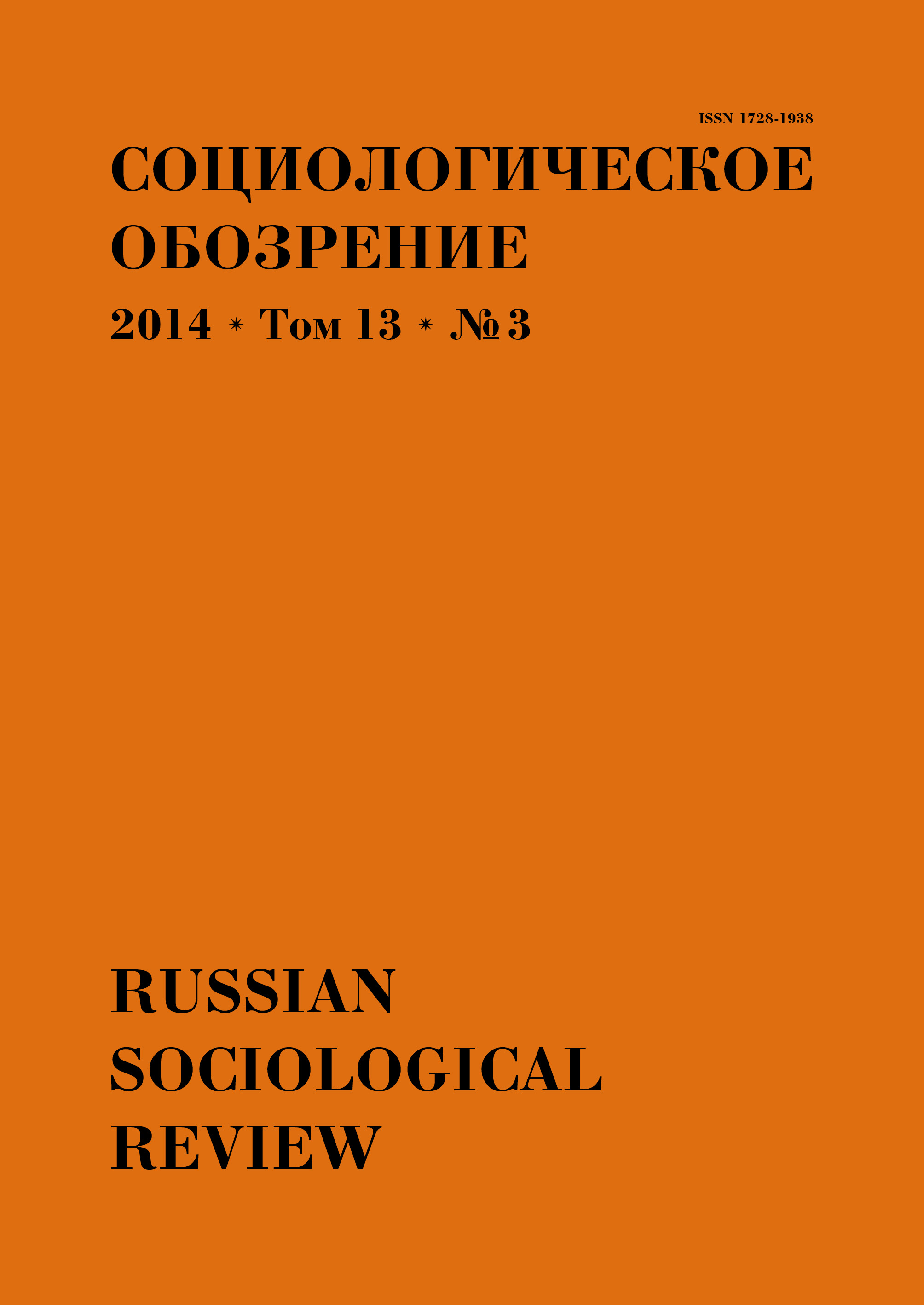Об этнографической аллегории
Ключевые слова:
этнография, текстуализация, аллегория, пастораль, интерпретация культур
Аннотация
В своей классической статье Джеймс Клиффорд предлагает новый взгляд на этнографические тексты, опирающийся на современные этнографические работы и связанный с некоторыми течениями в литературных исследованиях, прежде всего — с грамматологией Жака Деррида. С точки зрения автора, претензии этнографии на научную объективность и возможность четкого разделения аллегорического и фактического сегодня оказываются под вопросом. Аллегорическое измерение этнографических текстов, которое всегда было им присуще, должно стать предметом эксплицитного анализа. По мнению Клиффорда, доминировавший до сих пор в этнографии «пасторальный» аллегорический регистр, закреплявший за этнографом привилегированное право на интерпретацию чужих культур, лишенных письменности, утрачивает опору в современном мире, в котором деление на «дописьменные» и «письменные» культуры больше неприменимо. На смену этнографической пасторали приходят более саморефлексивные и диалогические формы этнографического письма.Скачивания
Опубликован
2014-12-29
Как цитировать
КлиффордД., КирчикО., & КорбутА. (2014). Об этнографической аллегории. Социологическое обозрение, 13(3), 94-125. извлечено от https://cfjournal.hse.ru/index.php/sociologica/article/view/107
Выпуск
Раздел
Переводы




